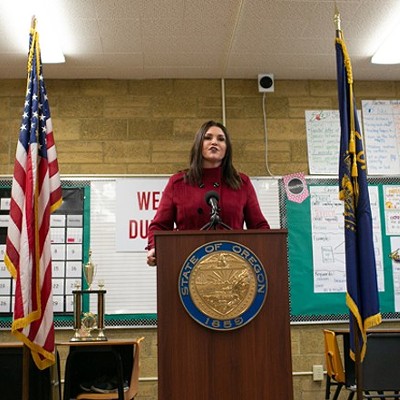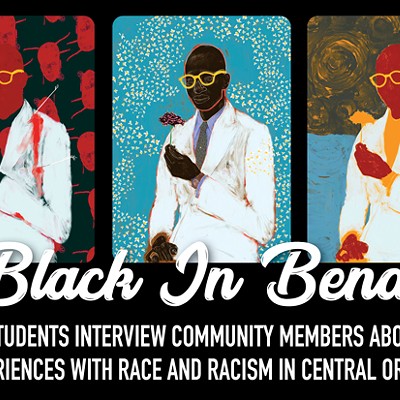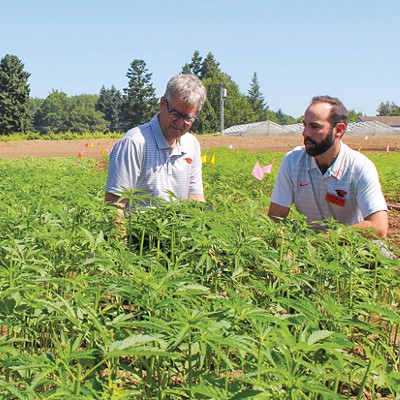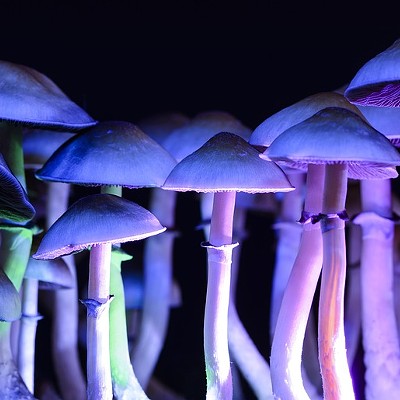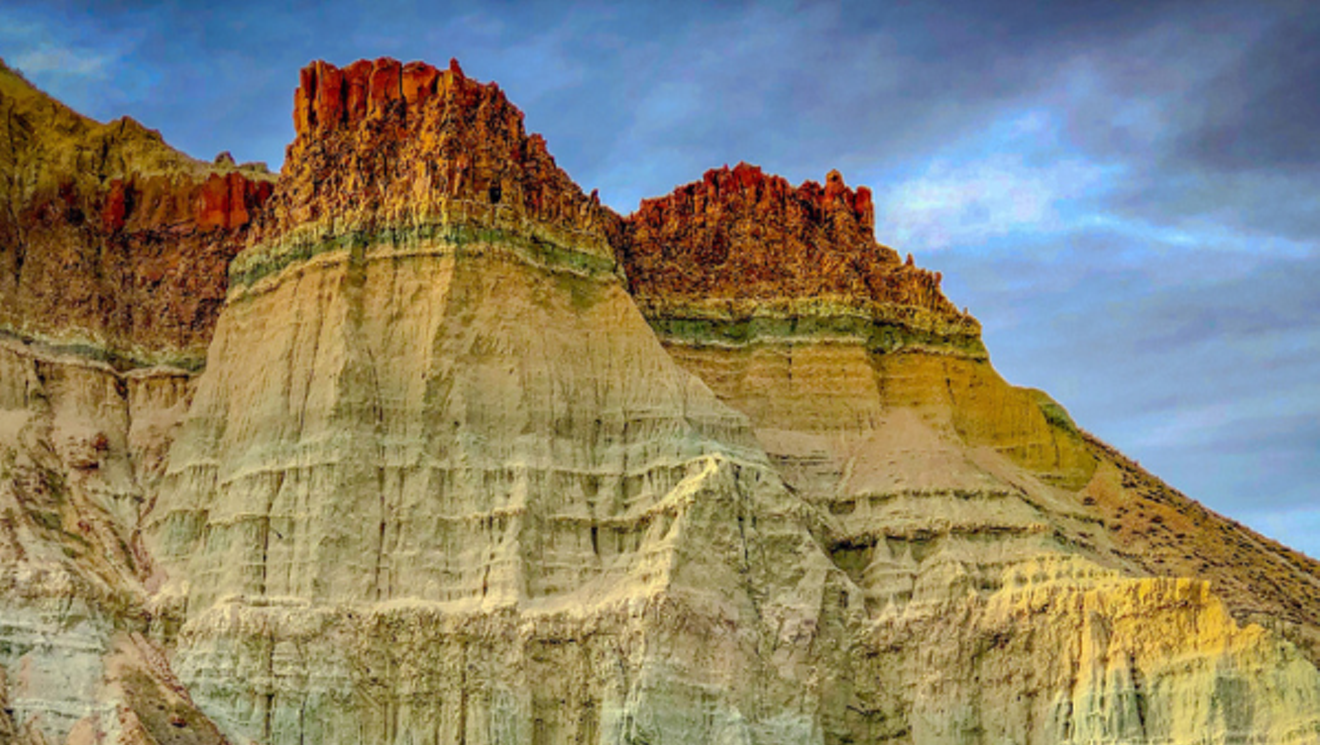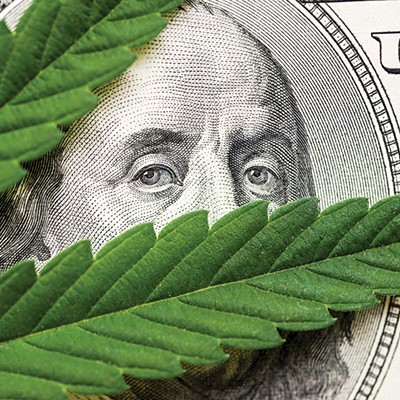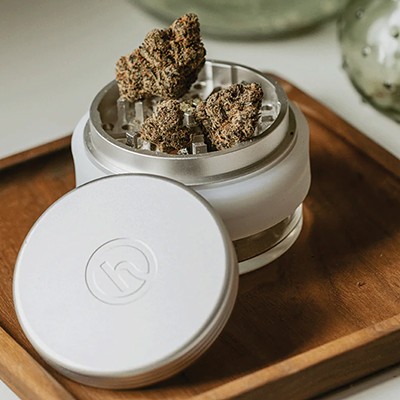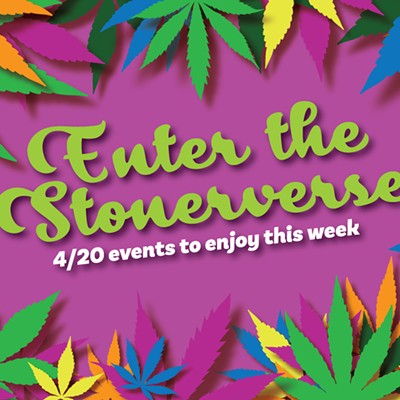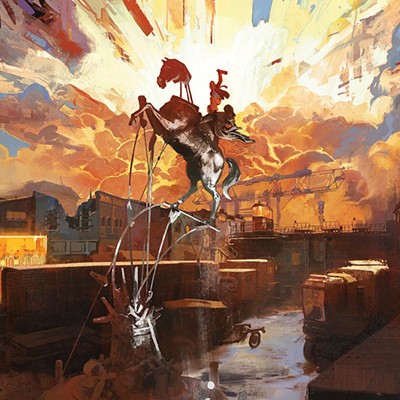We didn't forget about Black History Month this February. It's just that we don't necessarily think black history should be relegated to a single month.
With that, who better to examine the centuries-long relationship between black people and cannabis than a white dude? Huh? Right? Wait, come back. ...
According to the 2014 paper published by University of Kansas professor Barney Warf, titled, "High Points: An Historical Geography of Cannabis," cannabis was brought into Eastern Africa via Egypt and Ethiopia. It was known as dagga, and after introduction via Arab merchants, was used in South Africa for at least 500 years. It didn't reach West Africa until before WWII, when it was introduced by soldiers serving in the British and French armies. (For this discussion, we are speaking of cannabis used for consumption, and not the hemp used for industrial purposes.)
In the 19th century, the British brought in 1.5 million indentured-servitude "laborers" from India to the Caribbean, who shared their ganja. In an interview Warf did with Vice Media, he says that "It [cannabis] was brought to the Americas by the Portuguese, who took it to Brazil, and again by the British, who took it to Jamaica. In both cases, it was used to pacify slaves." In 1834, when Jamaica and Barbados abolished slavery, those same Indians moved there, thus introducing cannabis to Jamaica. This led to the Rastafarians coming to perceive ganja as a metaphor for the Bible's "Burning Bush."
"We knew we couldn't make it illegal to be either against the war or black, but by getting the public to associate the hippies with marijuana and blacks with heroin, and then criminalizing both heavily, we could disrupt those communities." —John Ehrlichman
tweet this
Warf explains that cannabis came to the U.S. with two groups: Mexican citizens escaping the violence of the Mexican Revolution, and sailors and immigrants from the Caribbean into New Orleans. Warf concludes, "The black community also began to pick up on cannabis, so that reinforced this racial stereotype that brown and black people smoke cannabis, and white people did not. Because it was used by black Americans and Mexican Americans, it helped to feed into the racist fears and stereotypes that were used to make it illegal in the 1930s."
Black New Orleans musicians invented jazz with the help of cannabis. Louis Armstrong was a lifetime cannabis enthusiast and was part of a jazz movement known as "Vipers." Touring brought cannabis up north, gaining a wider following throughout the jazz world in Detroit, St. Louis, Chicago and New York.
Harry Anslinger, the father of cannabis prohibition and currently burning in Hell for all eternity, managed to turn a nation against weed by turning it against itself through racist, alarmist rhetoric. (#historyrepeatingitself ) Warf writes that Anslinger "tied marijuana use to jazz, which he despised due to the prevalence of African-American musicians." In 1937 cannabis was made illegal, thanks to Anslinger spewing forth the "fact," "...this was a drug black men used to seduce white women."
In 1971, Richard Nixon announced the "War On Drugs." A year later, arrests for cannabis skyrocketed from 100,000 to 420,700, and as with all cannabis arrests to this day, disproportionately impacted black communities.
This was by design; Nixon's chief Domestic Advisor, John Ehrlichman, told an interviewer in 1994, "The Nixon campaign in 1968, and the...White House after that, had two enemies: the antiwar left and black people. We knew we couldn't make it illegal to be either against the war or black, but by getting the public to associate the hippies with marijuana and blacks with heroin, and then criminalizing both heavily, we could disrupt those communities. We could arrest their leaders, raid their homes, break up their meetings, and vilify them night after night on the evening news. Did we know we were lying about the drugs? Of course we did."
With recreational use programs now in place, talk has finally begun to turn toward addressing the cannabis-related injustices and inequalities in black communities: from no-charge expungement programs for those with cannabis arrests, to "Equity Programs" such as those in Los Angeles, Oakland, San Francisco and Sacramento, which include no-interest loans, technical assistance, business incubation and setting aside up to half of new cannabis business permits for equity businesses.
Programs such as these help address decades of racist Drug War policies that have decimated entire communities of color, but it's just a start. As we build this industry, we should make sure to prioritize support and inclusion for people of color, as economic parity is a great step toward social justice.

